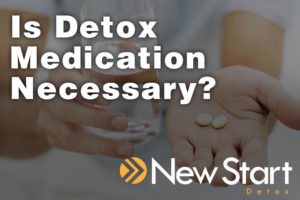 Using detox medication can be controversial, but for many individuals with an opiate addiction it is an appropriate and effective way to transition into the demanding work of active rehabilitation.
Using detox medication can be controversial, but for many individuals with an opiate addiction it is an appropriate and effective way to transition into the demanding work of active rehabilitation.
Medications used in detox and rehab have two particular goals:
- Controlling cravings that can lead to relapse
- Managing problems that contribute to the addictions (such as anxiety)
Not every rehab center uses the words “detox medication” in exactly the same way. Be sure to ask how drugs are used in any detox center that you are considering. Medications that are used to control cravings, such as naltrexone, are generally begun after the detox period. Buprenorphine is used early, in order to shorten detox. For others, methadone is considered a long-term way to detox from opiate drugs.
For anxiety and depression, a variety of drugs may be used during detox. Ideally, as therapy begins to help uncover the underlying reasons for these emotions, a person will learn strategies to manage these feelings and medication is no longer needed. Short-term medication management is not true for all mental illnesses. Some conditions, such as bipolar disorder or schizophrenia require life-time medication management.
Can I Detox Without Drugs?
Some people do. For those who have been abusing drugs for years, particularly heroin, using medication during detox is necessary in order to manage painful withdrawal symptoms. Ultimately this decision must be made by the treatment team and the client involved, by weighing the pros and cons for each approach. Some detox centers insist that detox be managed in a completely non-drug supported manner.
At New Start Detox we believe that medication-assisted detox will help certain clients transition more effectively into their rehab treatment program. Feeling better physically allows our clients to begin focusing on their mental, emotional and spiritual recovery.
[cta_large]Please contact us at 714-455-3409 for more information about detox medication management.[/cta_large]

